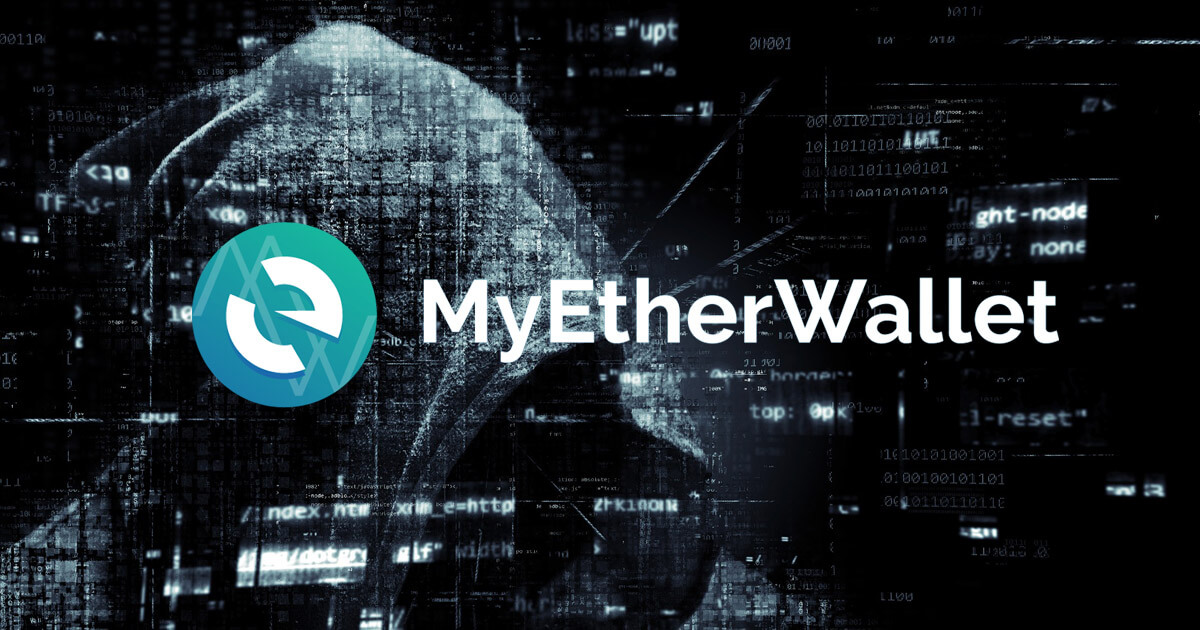 Cryptocurrency may be a relatively new concept, but it has quickly become popular for its convenience and security. MyEtherWallet (MEW) is a free, open-source platform that allows users to generate wallets for Ethereum and other ERC-20 tokens. Every MyEtherWallet wallet is protected by a private key—a strong password made of a combination of numbers and letters—and it’s crucial for users to understand how to use them properly. So let’s dive in and look at the basics of private key ethereum access (aksesethereumkuncipribadi).
Cryptocurrency may be a relatively new concept, but it has quickly become popular for its convenience and security. MyEtherWallet (MEW) is a free, open-source platform that allows users to generate wallets for Ethereum and other ERC-20 tokens. Every MyEtherWallet wallet is protected by a private key—a strong password made of a combination of numbers and letters—and it’s crucial for users to understand how to use them properly. So let’s dive in and look at the basics of private key ethereum access (aksesethereumkuncipribadi).
A private key is an alphanumeric code used to secure your digital assets such as cryptocurrencies or tokens. It works like a password, but with much greater security; if someone were to get access to your private key they would have complete control over your wallet and could send all the assets within it without needing further authorization from you. For this reason, it’s important that you keep your private key safe and secure at all times.
How Are Private Keys Generated?
Private keys are unique codes randomly generated when you create a new wallet on MEW. They are usually composed of 64 characters (letters A-F and numbers 0-9). When creating an MEW wallet, you will be given two options: generating a new wallet from scratch or importing an existing one from another platform. If you opt for the first option, MEW will generate a completely random address with its corresponding private key which can then be used to access your funds; if you go with the second option, however, it will likely require you to input the private key associated with your old account before being able to import it onto MEW.
How Do I Store My Private Key?
Once generated or imported, the best way to store your private key is by writing it down on paper or storing it in an offline storage device such as an encrypted USB drive or hardware wallet like Trezor or Ledger Nano S . It’s also possible to store your private key in software wallets such as MetaMask , but this isn’t recommended because any malicious software installed on your computer could compromise the security of that device and put your funds at risk. Additionally, always make sure that no one else has access to any document where your private key is written down so that no one else can gain access to your funds without authorization.
Conclusion:
Understanding how MyEtherWallet works and knowing how important it is to keep track of your Private Keys should help ensure that all cryptocurrency transactions are conducted safely and securely without worry about potential theft or loss of funds due to malicious activities online. Remember: never share your Private Key with anyone! Doing so would leave you vulnerable not only financially but also legally since cryptocurrency transactions can be tracked back via blockchain technology. Keep these tips in mind whenever dealing with cryptocurrencies, whether through myetherwallet or other platforms!
It’s essential for every user of MyEtherWallet to understand how their private keys work and how best to protect them from theft or misuse. By following these simple tips and taking extra precautions when handling sensitive information related to cryptocurrency wallets, users can rest assured that their funds remain safe and secure at all times! Keeping up with industry best practices and utilizing tools such as hardware wallets are great ways for users of MyEtherWallet (MEW)to ensure their accounts stay protected from potential threats online!








